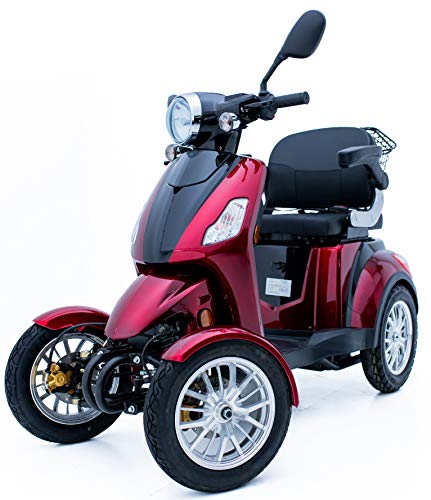What Is Personal Transportation?
Private transportation is the use of or private vehicles for transportation. This includes bicycles, cars or scooters as well as unicycles. It could also refer to the use of public transportation systems.
Private transport can save you time and help you get to your destination. Plus, it's more comfortable and offers an element of privacy that is not available in public transportation.
Cost
The cost of personal transport can be a major burden for many families. It can make it difficult to save money or invest in other aspects of their lives. The cost of fuel can also be an expense that is significant. There are methods to reduce your transportation costs.
Despite these benefits however, some people prefer to use private transport to commute. They consider it the most convenient and comfortable way of getting around. Some people prefer traveling with their chauffeur. The cost of this type of transportation is typically more expensive than public transportation, however it can offer greater peace of mind and comfort.
As EVs benefit from advances in battery technology, charging infrastructure, and other areas, the future of personal transportation is likely to be electric. EVs are also more accessible and emit less pollution than conventional cars. This makes it easier to switch from gasoline to EVs. electric mobility scooters uk will decrease GHG emissions as well as traffic congestion.
The benefits of public transport are numerous, and they can be an excellent alternative to private transportation. In comparison to private vehicles public transportation is more affordable and more sustainable. It is also convenient and equipped with cameras to ensure passenger security. Furthermore, it can help users avoid paying maintenance fees and parking fees. The main disadvantage of public transport is that it is often slow and infrequent. Traveling with children or elderly can be a challenge. This can cause delays and lead to an appointment being missed.
Time
The time required to complete a personal transportation task can affect people's lives. For instance, commuting to work can take too long for those who have busy schedules. People can cut down on the amount of time they spend commuting by taking a carpool or working from home, or staying near their work. They can also save time by cycling or walking instead of driving.
The development of new technologies could transform personal transportation. Electric vehicles that have solid state batteries are an example. They have more range and faster charging times. These technologies also improve safety and reduce traffic congestion by optimising traffic management. Autonomous cars are a different development that can make travel more comfortable and convenient. They can even help people stay in shape by keeping them active.
You can also find out more about privacy.
Privacy is a fundamental aspect of personal transportation. People who want to keep their privacy in mind prefer to drive or ride in their own cars, instead of using public transportation in which they share their space with strangers. Furthermore, public transportation is often considered to be less secure than private transportation, which can affect the safety of individuals. This is particularly true for older people who are more likely to be concerned about their safety.
Privacy issues are a major concern for those traveling with children. Being in the same space as other passengers can be a stressful experience for children and can lead to behavioral problems like aggression and hyperactivity. In the end, parents are increasingly opting to use private transportation to ensure their children's privacy. This can also reduce the anxiety of traveling with children, as well as the amount of time spent commuting. This could help save money on childcare costs.
Convenience
Personal transportation is a part of everyday life. However the decision you make can have a significant effect on your health and well-being. Before choosing the best mode of transportation for you, it is important to weigh the pros and cons.

Some people prefer public transportation due to the fact that it is less expensive and requires less maintenance than private transportation. It also has a lower environmental impact, because it releases less carbon dioxide per person. You can also reduce your fuel and parking costs, and have more flexibility and convenience during your daily commute.
Public transport is not always reliable and can pose some dangers. In some cases you could be subject to criminals or not be able to get to your destination on time due to weather-related or mechanical issues. A lot of train and bus routes can be crowded and make it difficult to unwind and move around.
On the other hand, private transportation is a great way to travel in peace and comfort. It's usually quicker than public transportation, and you can avoid crowds by travelling in a private car. It's also more convenient than driving a car, as it allows you to choose your own route and stops.
Despite all of these advantages however, the majority of people choose to make cars their primary mode of transport. It could be because they're more comfortable or have a higher value. Electric vehicles (EVs), which are becoming more affordable and simple to charge, could change the ways we travel in the future.
Researchers from MIT conducted an experiment to find out what factors influence peoples' modal choices. The study found that safety is an important factor, but it doesn't play a large role in determining the choice of modal. In reality, the most important factors are availability, speed and cost. This is in line with previous studies of the modal choices and is likely to continue in the near future. Similar to this, a battery technology that utilizes solid state batteries could enhance the efficiency of EVs, allowing them to travel further distances while making use of the same amount of power.
